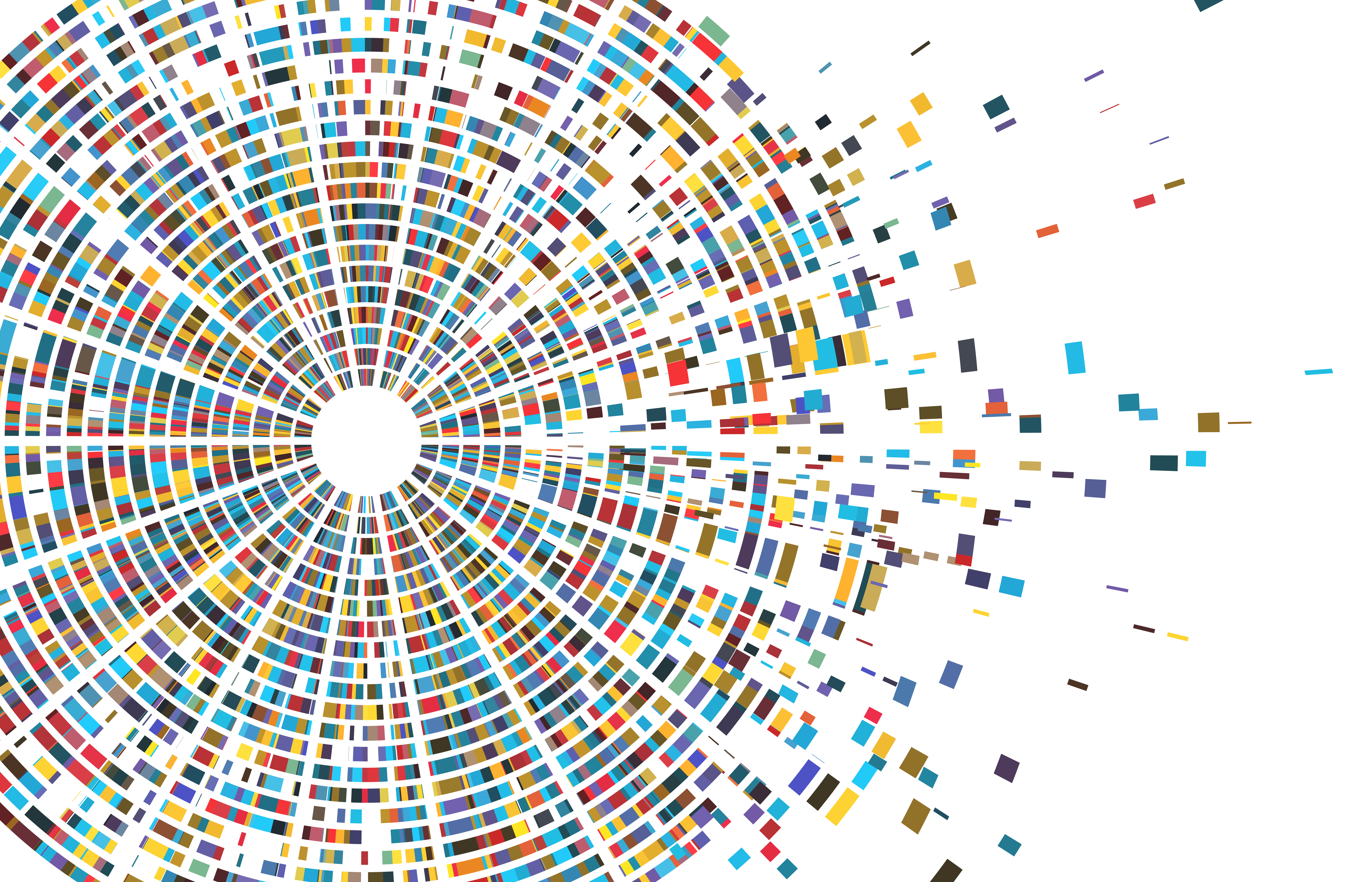Should We Alter the Human Genome? Let Democracy Decide
By Krishanu Saha, J. Benjamin Hurlbut & Sheila Jasanoff,
Scientific American
| 01. 15. 2020
We need greater scientific and moral clarity on germ line editing.
In November 2018, a Chinese scientist, He Jiankui, caused an international uproar by announcing the birth of two babies whose DNA he had edited using a tool called CRISPR-Cas9. Human germline genome editing—that is, making precise changes in human DNA that can be passed down through generations—has been seen for decades as a line that should not be crossed. This past December, He was sentenced to three years in prison for carrying out an “illegal medical practice.”
Yet, as the Chinese experiment shows, the state of technology no longer bars those who are willing to cross it. He’s experiment was a profound scientific and ethical misstep. Not only did he do it before adequate preparatory studies had been undertaken, but he acted unilaterally, deploying a technology with the potential to affect deeply held beliefs about human life all around the planet. His experiment set a dangerous example for other overly eager scientists. In mid-2019, a Russian scientist proposed a similar experiment.
We cannot blame lax oversight on China alone. The scientist who carried out the controversial first experiment in China...
Related Articles
By Scott Solomon, The MIT Press Reader | 02.12.2026
Chris Mason is a man in a hurry.
“Sometimes walking from the subway to the lab takes too long, so I’ll start running,” he told me over breakfast at a bistro near his home in Brooklyn on a crisp...
By Diaa Hadid and Shweta Desai, NPR | 01.29.2026
MUMBRA, India — The afternoon sun shines on the woman in a commuter-town café, highlighting her almond-shaped eyes and pale skin, a look often sought after by couples who need an egg to have a baby.
"I have good eggs,"...
By George Janes, BioNews | 01.12.2026
A heart attack patient has become the first person to be treated in a clinical trial of an experimental gene therapy, which aims to strengthen blood vessels after coronary bypass surgery.
Coronary artery bypass surgery is performed to treat...
By Staff, ScienceDaily | 01.05.2026
Scientists at UNSW Sydney have developed a new form of CRISPR technology that could make gene therapy safer while also resolving a decades-long debate about how genes are switched off. The research shows that small chemical markers attached to DNA
...




